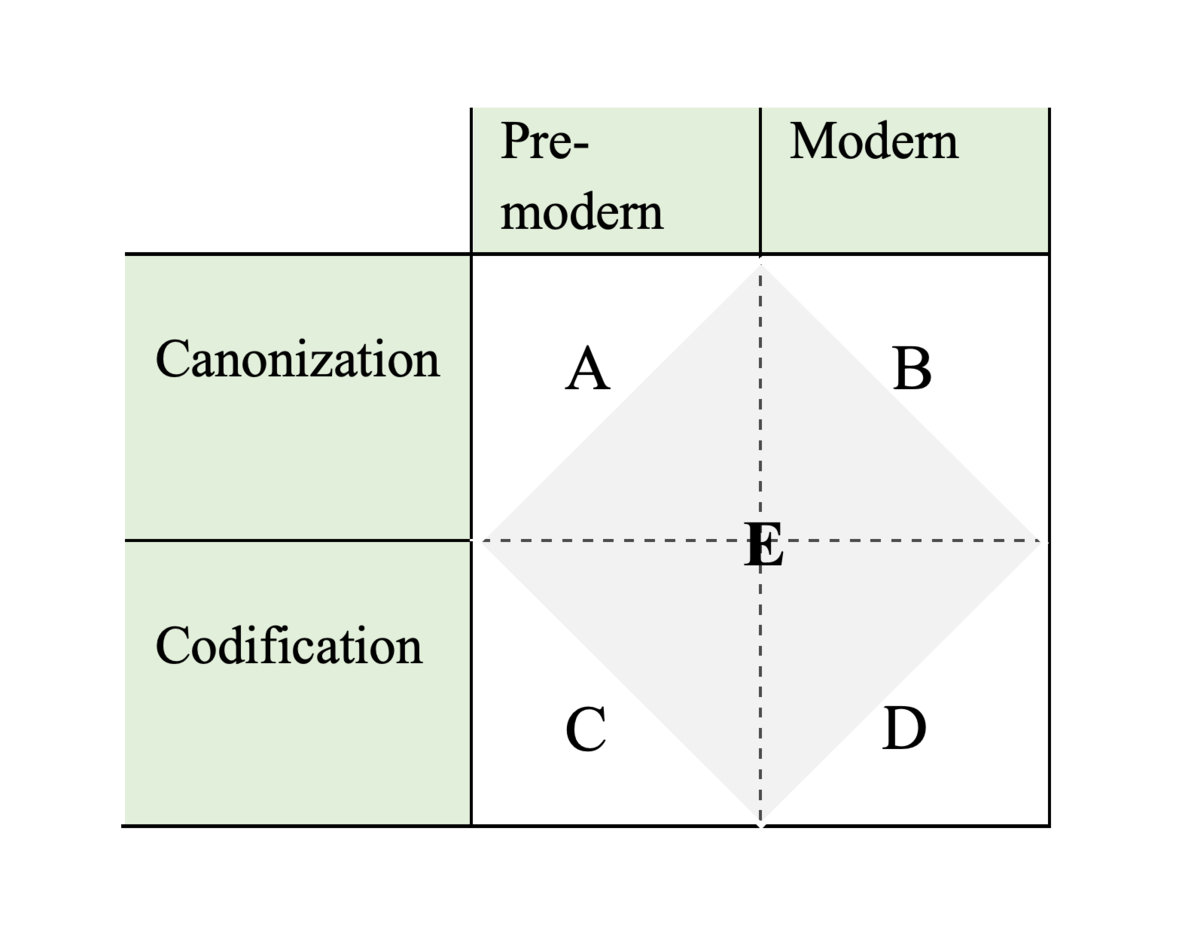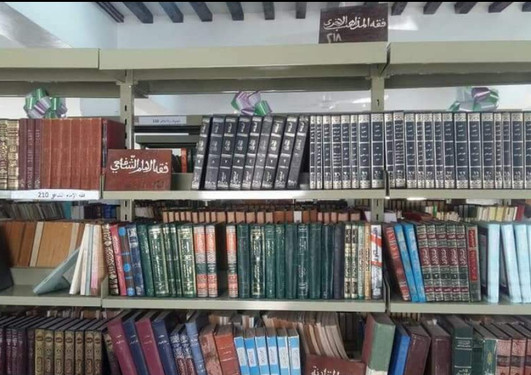Canonization and Codification of Islamic law: The Use and Usefulness of Concepts
Welcome to this kick-off event for the CanCode Project!

Hovedinnhold
(UPDATE: Vidoes of the even has been published here, along with comments. This page is the original announcement/calendar entry)
In this Roundtable webinar as part of our modified kick-off event for the CanCode project, we invite prominent scholars in the field to discuss and critique the uses of the concepts of "Canonization" and "Codification", their usefulness, and identify ways forward.
27th of May 12:00–3:00 pm on Zoom
Programme
12:00-1:00 pm | The use and usefulness of the concept of canonizationPANELISTS: Mohammad Gharaibeh (Humbolt U. Berlin), Iza Hussin (U. of Cambridge), Intisar Rabb (Harvard), Yossef Rapoport (Queen Mary, U. of London), Brannon Wheeler (US Naval Academy). Moderator: Mahmood Kooria |
| 1:00–2:00 pm | Break |
2:00–3:00 pm | The use and usefulness of the concept of codificationPANELISTS: Samy Ayoub (University of Texas), Guy Burak (New York University Libraries) and Delfina Serrano (ILC, CSIC, Madrid). Moderator: Eirik Hovden |
The panelists will have a short introduction, this will be followed by a moderated conversation. Towards the end we open for questions from participants via the Q&A function. A zoom link for registration can be found on the right side here.
As we could not arrange a proper international conference due to the Covid situation, we decided to make two groups of smaller online activities, the first being video-interviews/conversations, the second is this online roundtable webinar in two parts.
“Canonization” and “Codification” are two terms that both allude to processes of selection and validation. As analytical concepts, they draw our attention to human agency and historical context and they are useful in juxtaposition with each other, or with other, related concepts.
Islamic legal studies they are, however, also used for rather different phenomena. “Codification” has to a large extent been used to describe the modernization of Islamic law, including the increasing dominance of the state and a move away from open ended, pre-modern fiqh. “Canonization” has more recently started being used as a lens to understand how certain texts, scholars and institutions become ascribed with authority over time, often by a "community". This body of theory surrounding “canonization” is largely associated with the study of Christianity but is now increasingly used also in studies on Islam as way to critically talk about authority, not only analytically, but also normatively.
This kick-off event will be about seeking to clarify and disentangle the different functions and uses of these terms in our field and to critically discuss their usefulness, constructive additions and alternatives.

